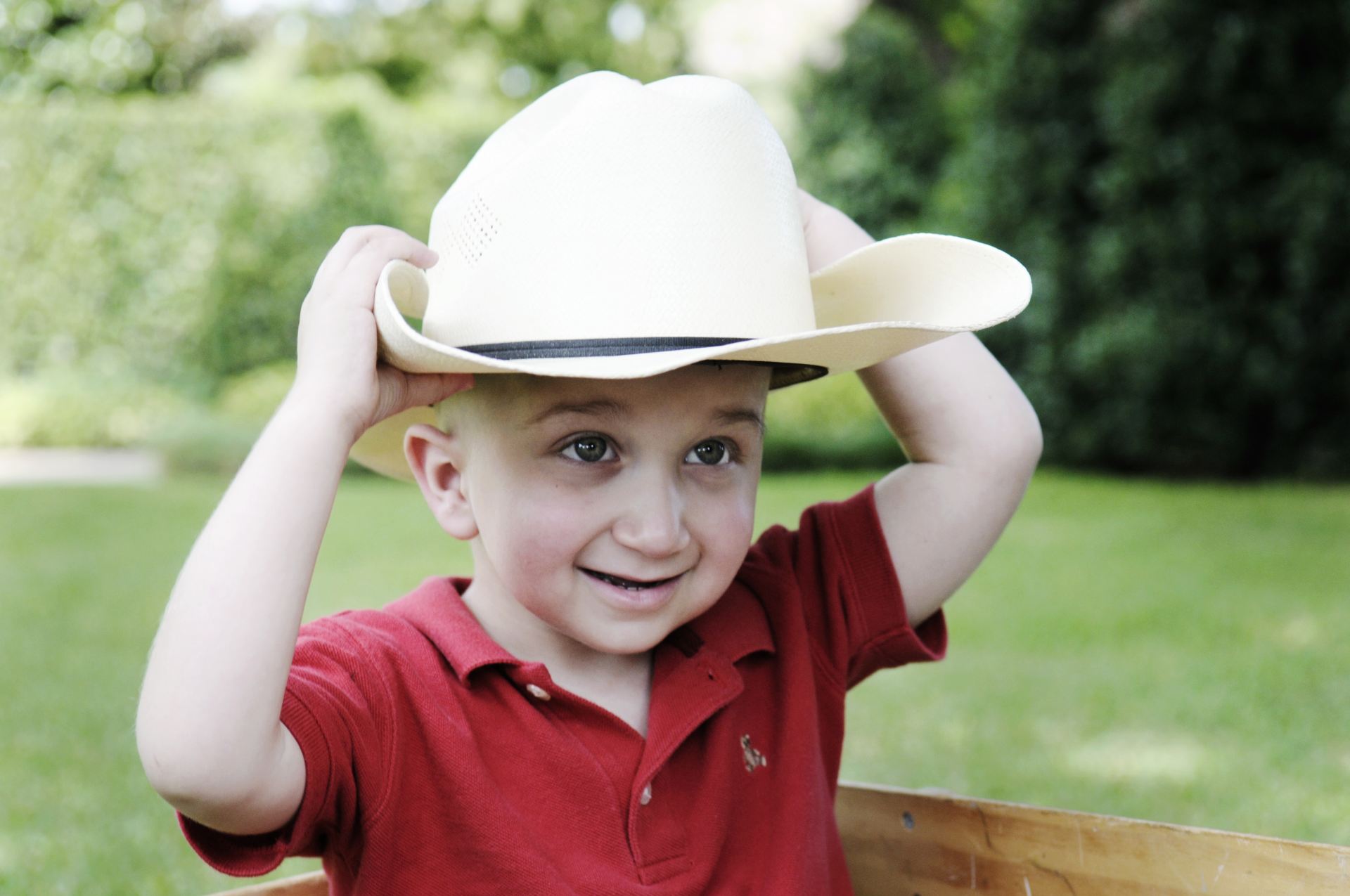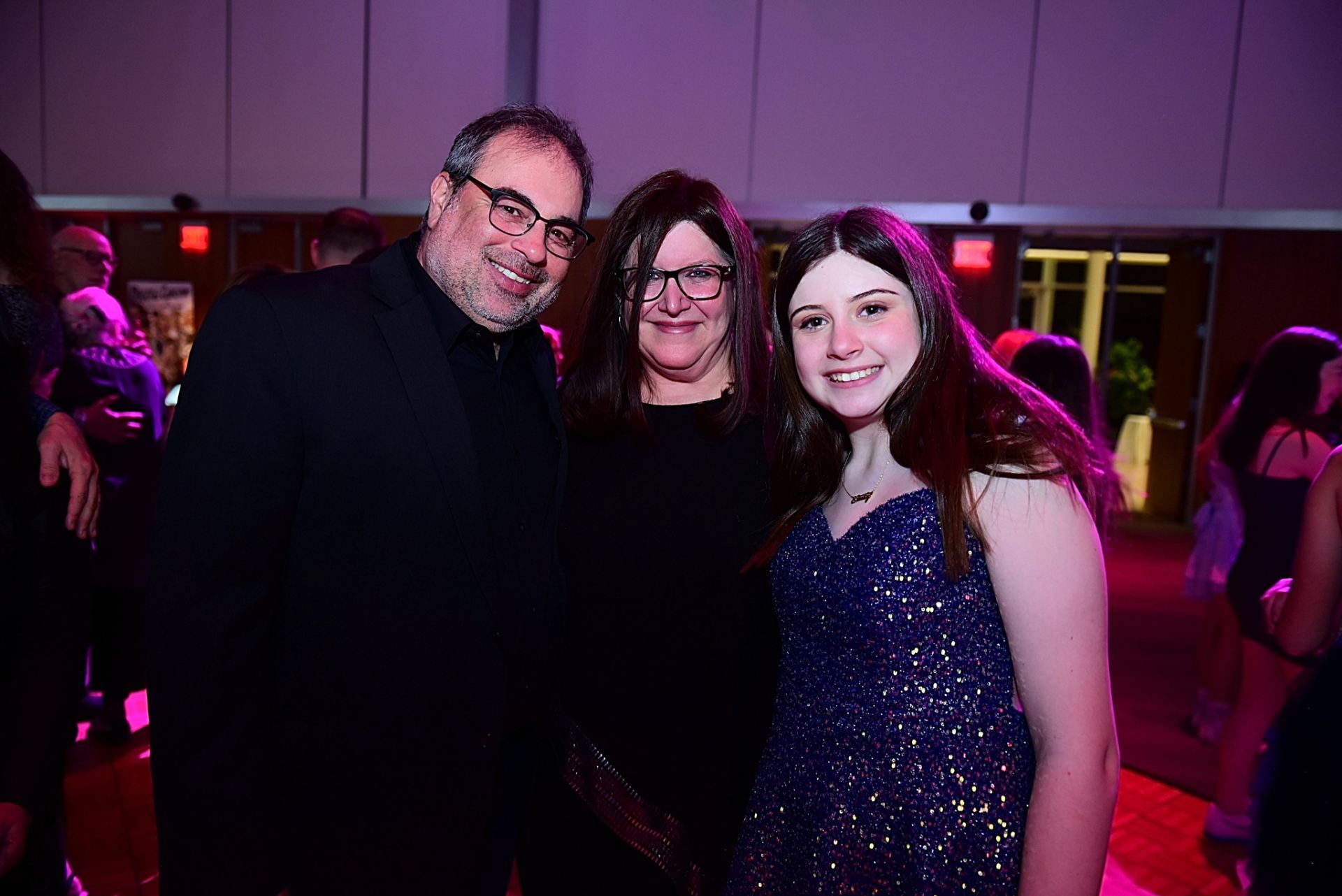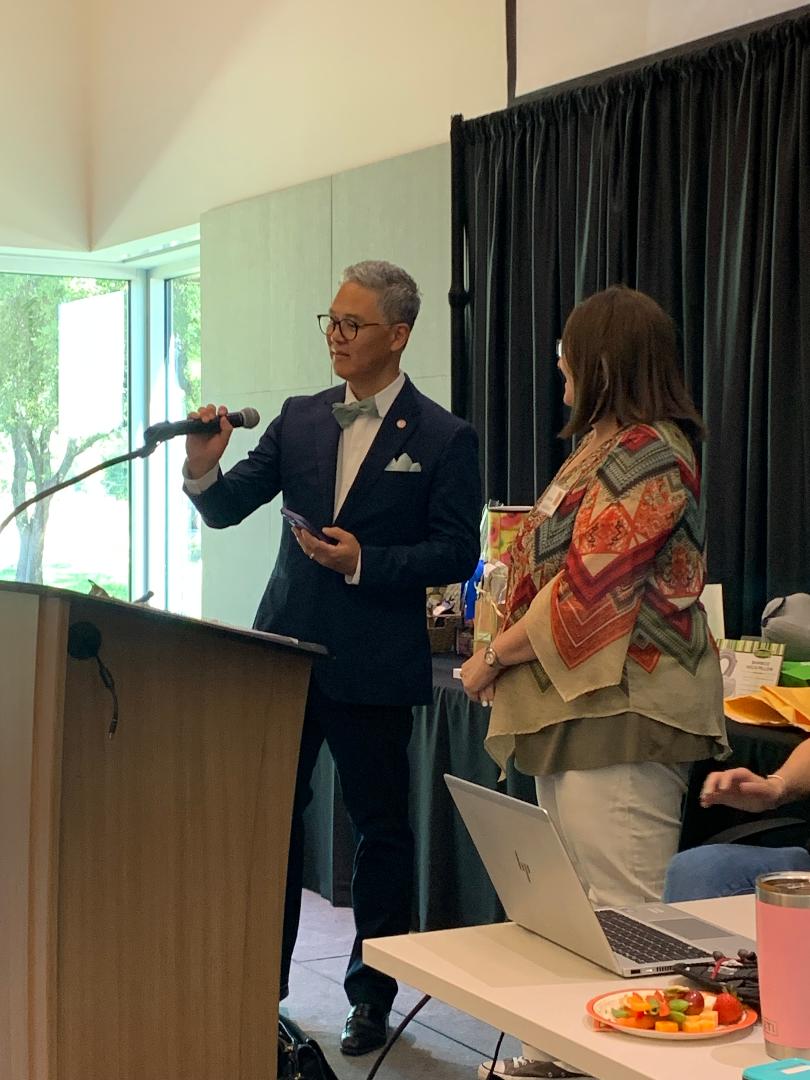Family Honors Son With Cancer Research Donation
By: Development Communications | March 14, 2024

On Oct. 17, 2006, Joanne and Andy Goldblatt’s lives changed forever when their son, Ryan, was born. Their day-to-day consisted of the normal first-time parent routines and worries, but that all changed when Ryan was around 16 months old. He was diagnosed with an extremely rare and aggressive brain tumor known as an atypical teratoid rhabdoid tumor (AT/RT).
The cancer mostly targets children around Ryan’s age at diagnosis and, due to its rarity, most hospitals do not have the staff or resources to treat it. Fortunately, the Goldblatts were able to stay in their North Texas home and pursue treatment at a local hospital. They developed a 51-week chemotherapy protocol for Ryan, which included aggressive intravenous, oral and spinal drugs. Despite all these treatments, Ryan was determined to go to school.
“He was going through treatments from 1 to 3 years old, and he was ready for preschool,” Joanne Goldblatt said. “He wasn’t confined to the hospital, so we wanted to get him in a socialized setting to encourage him to make some friends. He was such a shy little boy. Having said that, we needed to find a school that was a good fit for him.”
They were led to the Callier Center for Communication Disorders and enrolled him in the Callier Center’s SMILES program, now known as Talking Toddlers.
“He excelled,” she said. “He started to gain confidence and although we did have to go through speech therapy and do all that, the Callier Center helped him through it.”
Ryan graduated from the program and continued on to the Preschool Language Development Program on The University of Texas at Dallas’ main campus in Richardson, Texas.
Unfortunately, Ryan never got to see his second graduation. On Sept. 15, 2010, he passed away at his home. He was one month shy of his 4th birthday.

“After Ryan passed away, we set up the Ryan Goldblatt Foundation in his memory,” Goldblatt said. “To raise money, I put on a Mahjong tournament every year. It helped me find camaraderie and eased the grieving process. I usually hosted it every year in the Addison Conference Center, but when the COVID-19 pandemic happened, they shut down and I was scrambling to find another venue.”
She found herself looking at UT Dallas’ Davidson-Gundy Alumni Center for the next tournament. After it was revealed why she was touring and what the purpose of the tournament was, she was introduced to Dr. Tae Hoon Kim, associate professor in biological sciences.
Kim leads the Functional Genomics Laboratory at UTD. He and his team research cancer cells and the body’s innate immunity to viruses.
“I’m particularly interested in genomics,” Kim said. “I usually call it biological destiny because it influences a lot of things that we are like as a person. Things like how long we might live, what kind of job we might have, our personalities … In terms of my specific research areas within genomics, we study cancer cells.”

The Ryan Goldblatt Foundation has given over $12,000 to Kim’s lab. The money supports operations, research costs and 10 student researchers. The lab has had around 20 graduate alumni, and several graduates have continued their education at other universities or moved into professorships, both at UTD and elsewhere. Two students who met in the lab got married last year.
“It has been almost four years since I graduated from UTD with my PhD,” said Lian Cao, a student of Kim’s for over five years. “I am now working at the GSK Vaccine Center in Italy designing and providing clinical oversight to vaccine clinical studies conducted worldwide. Working together with a large matrix of people from different functions requires me to be patient and respectful to other people’s working pace. Without the experience of staying in Dr. Kim’s lab, I don’t think I could have smoothly handled the challenges and hurdles that happened in my career.”
Goldblatt wants to continue her son’s legacy by doing what he did best — make people smile.
“Ryan had a way about getting people together to be happy,” she said. “I think he’s up there saying, ‘Go, Mom, this is a great collaboration.’ I hope to watch Dr. Kim’s lab continue to grow and I want to make sure that his department has everything it needs to grow and expand.”